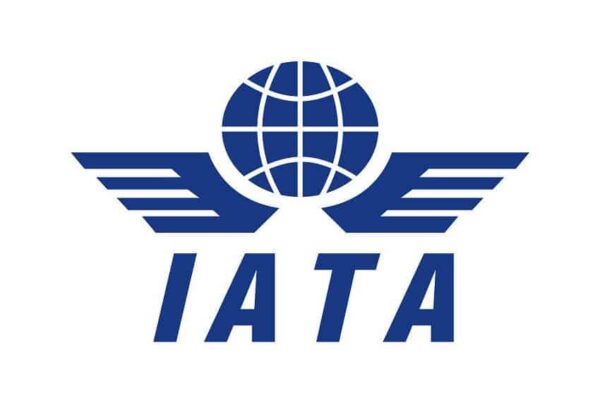The International Air Transport Association (IATA) has said the economic impact of the coronavirus pandemic in the aviation industry will contract Africa’s Gross Domestic Product (GDP) by over $37 billion.
About 4.5 million jobs will be lost in the African aviation sector and allied industries as a result of the pandemic, according to a report by the Air Transport Action Group of which IATA is a member.
The 4.5 million jobs that are projected to be lost is about half of the total of 7.7 million jobs in the continent’s aviation sector and allied industries.
The report also said 172,000 jobs, or 40 per cent of total employment, will be lost in the continent’s aviation sector in 2020.

The projected 37 billion dip in Africa’s GDP owing to the contraction of the aviation sector represents a 58 per cent decline in pre-COVID-19 levels, according to IATA’s Regional Vice President for Africa and the Middle East, Muhammad Albakri.
“The breakdown in air connectivity in Africa has severe social and economic consequences for millions. No income means the lack of a social safety net for many.
“Governments need to do all they can to reconnect the continent safely.
“Keeping borders closed, or imposing measures such as quarantines, that deter air travel, will result in many more livelihoods being lost and further economic shrinkage along with hardship and poverty.
“To minimise the impact on jobs and the broader African economy, an accelerated recovery of air transport across the region is paramount,” Albakri said.
He canvassed COVID-19 testing as an alternative to restrictive quarantine measures, in order to revive the aviation industry.
About 31 countries in Africa are opening their borders to regional and international air travel, according to Albakri.
But he noted that, in the 22 countries, passengers are still subject to the mandatory 14-day quarantine, a development which he said discourages people from travelling.
Albakri said, “IATA is calling for the systematic testing of passengers before departure.
“This will enable governments to safely open borders without quarantine and better support recovery efforts.”
According to him, quarantine measures are crippling the industry’s recovery and hampering its ability to support social and economic development.
He noted that testing for COVID-19 will enable Africa and the world to safely reconnect and recover.

